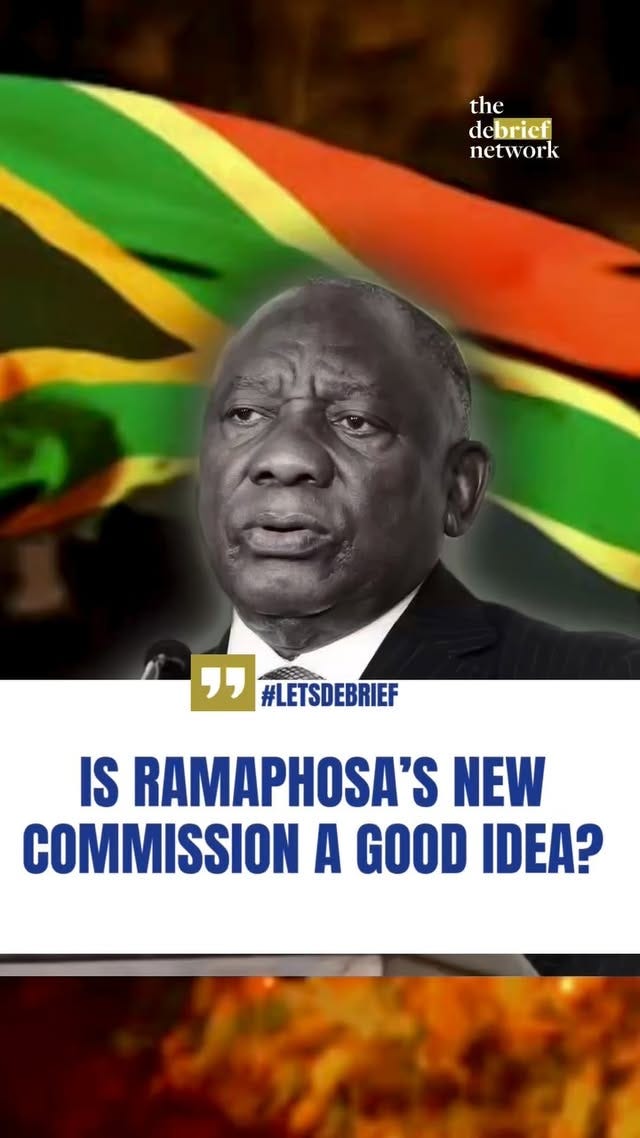The much-anticipated Madlanga Commission was meant to open its doors on 1 September 2025. Instead, it has hit its first hurdle before hearing a single word of testimony. The commission, tasked with probing explosive claims of corruption at the highest levels of policing made by General Nhlanhla Mkhwanazi, is already delayed.
At the centre of the setback is the Department of Justice. Its Director-General, Advocate Doc Mashabane, failed to procure the essential technology needed to run the inquiry. While this might sound like a bureaucratic hiccup, seasoned observers say these “small” details can determine the fate of a commission.
Paul Pretorius, who famously led evidence at the Zondo Commission, warned that the credibility and effectiveness of such inquiries rest heavily on logistics.
“It’s very important for a commission of this size and of this significance, with the input that will come from the investigators, from the public at large, to record in detail every item of correspondence, every statement. So, the commission of the size of the Zondo Commission and potentially the Madlanga Commission needs very efficient and coordinated administrative control, backed by technology. So, for example, there must be a database of all the investigative investigation work, and that database must be easily accessible to all the evidence leaders, to all the investigators. It must communicate across the board. So, those sorts of things are difficult,” Pretorius explained.
Without robust systems in place. databases, coordinated workflows, accessible records—investigations quickly lose coherence and risk being discredited.
He was blunt about where the responsibility lies: “The Department of Justice is
“It’s meant to oversee commissions of inquiry not in the sense that it tells the inquiry what to investigate, that is the work of the commissioners, but that provides the logistical support, that provides the technology, that provides the wherewithal necessary for the commission to operate successfully. From the venue to the hardware and software to the running transcript, all that must be very efficiently done and very efficiently and promptly procured.”
But none of that has been ready.
Instead, what exists today is a commission on paper, undermined by missed deadlines.
Skepticism, already present when the inquiry was announced, is now gaining momentum. People are concerned that the commission will not bring any real accountability.
If government cannot secure basic infrastructure, many are asking, how serious is it about uncovering corruption in the police service?
Justice and Constitutional Development Minister Mmamoloko Kubayi appeared before the media this week, conceding that “certain issues could’ve been avoided.”
In a rare act of accountability, she announced the suspension of DG Doc Mashabane and his deputy responsible for ICT, Jabu Hlatshwayo.
Both face investigation and possible disciplinary action for what Kubayi described as “failures and lapses on the system.”
For now, South Africans are left waiting.
The commission’s work is supposed to pierce the veil of corruption and restore faith in the state’s ability to police itself.
Instead, the early chaos fuels doubt that it may just be another expensive exercise.















